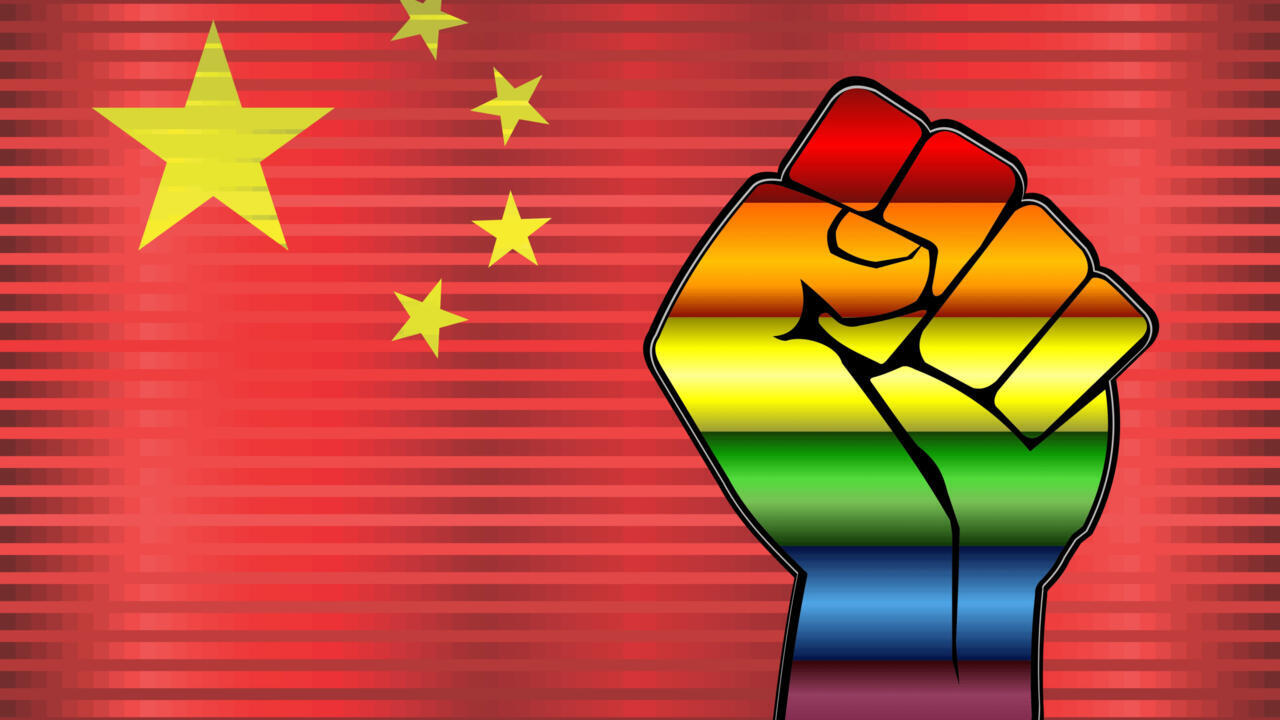- cross-posted to:
- world@lemmy.world
- world@quokk.au
- cross-posted to:
- world@lemmy.world
- world@quokk.au
When two dating apps, Blued and Finka, disappeared from the Apple AppStore in China on November 11, a whole world threatened to disappear.
The apps are two of the most popular among China’s LGBT+ community. Blued had been downloaded tens of millions of times, according to the BBC.
In taking them down, the authorities removed two major LGBT+ spaces, leaving little in their place.
[…]
Apple said it removed the apps “based on an order from the Cyberspace Administration of China”.
[…]
The disappearance of both Blued and Finka “will affect a lot of LGBT+ people’s lives very significantly”, [the specialist in China’s queer culture at the University of Nottingham, Bao] Hongwei says. “It sends a chilling and very clear message to ordinary LGBT+ people that they can’t pursue their own personal interests and desires.”
[…]
Before targeting Blued and Finka, the Chinese authorities led a campaign against authors of the “Boy’s Love”, or Danmei, same-sex romance stories, some of which feature explicit love scenes between men.
Several Danmei writers, most of whom are female, have reported being arrested and questioned by the authorities, and in recent months two major Danmei sites have either shut down, or drastically reduced and toned down their content.
In September, a censored version of American-Australian horror film “Together” was released in China with a gay marriage scene digitally altered to show a heterosexual couple.
And in early 2024, China’s dominant social platform Weibo removed viral images of Chinese dancer and transgender icon Jin Xing waving a rainbow flag.
Despite being a high-profile and immensely popular celebrity in China for years, venues across the country dropped performances by her dance troupe without explanation in January 2025.
[…]
Why is China’s LGBT+ community being targeted in this way? Rather than being specifically singled out, it is likely that it is a collateral victim of Xi Jinping’s notion of “common prosperity”.
Historically, common prosperity has meant an effort by the Chinese Communist Party to promote economic and social equality.
But in contemporary Chinese politics, “the Maoist principles about equality have more to do with uniformity,” says Hildebrandt. “You gain equality by being more like everybody else. You don’t gain equality by being diverse.”
In a bid to create greater conformity within the population, “there has been a push in China to reinforce traditional family values and, in some cases, traditional masculine values,” adds Lanteigne.
At the same time, China’s population growth and economy are slowing. “The current population growth couldn’t support economic growth,” explains Hongwei, meaning there has been a push to encourage heterosexual couples to have larger families to ensure an abundant future workforce.
[…]
In this context of wider policies to promote common prosperity, the LGBT+ community is not the only group facing repression, but it is an easy target.
Since the Covid pandemic, “the Chinese government has endorsed nationalist discourse and LGBT culture is seen as very politicised siding with Western ideologies”, says Hongwei.
[…]


